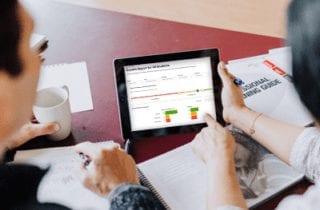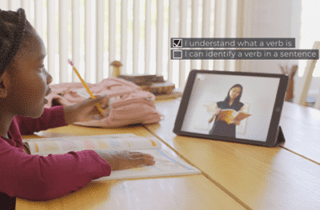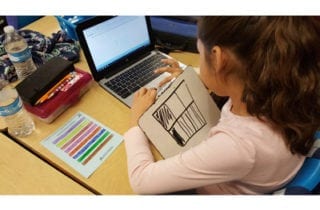We know assessment is a tool that helps teachers to inform personalized learning, differentiate instruction, accelerate learning, and ultimately support healthy learning mindsets. But all this happens only when assessments are valid and reliable. Or, more simply, when assessments are good.
Presented by Dr. Gene Kerns, Vice President and Chief Academic Officer, Renaissance
Presented by Ann Cunningham-Morris, Faculty, ASCD
Presented by Kyra Donovan, ICLE Associate Partner, International Center for Leadership in Education
Moderated by Francie Alexander, SVP Research, Houghton Mifflin Harcourt
Presented by Deana Senn, Director, Research & Development, Learning Sciences International (LSI); and Amber Olsen, Tech Director, LSI Student Evidence Tracker, Learning Sciences International (LSI)
In this edWebinar, learn the essential elements of assessment that improve learning and illustrate classroom strategies that improve learning for all students.
In this edWebinar, learn how to use learning progressions most effectively in your district to maximize the instructional value of your formative data.
Dr. Julie McNamara, Assistant Professor of Mathematics Education at California State University East Bay, will provide practical examples for teachers to consistently incorporate visual models into lessons to better see into student understanding.
In this webinar, you’ll learn how Cathie Gillner, an educator from Fox Chapel Area School District in Pittsburgh, PA and Common Sense Ambassador, uses concept mapping and games as formative assessments.
In this webinar, Francis (Skip) Fennell, L. Stanley Bowlsbey Professor of Education and Graduate and Professional Studies Emeritus, McDaniel College, will share a framework for school and district-based leaders to develop elements of leadership while establishing a grade-level or school-based learning community focusing on everyday use of formative assessment.











